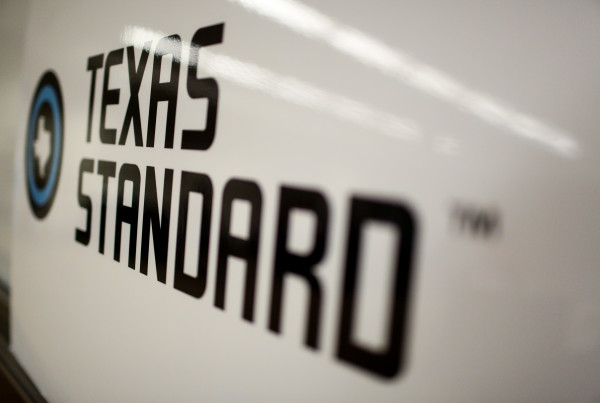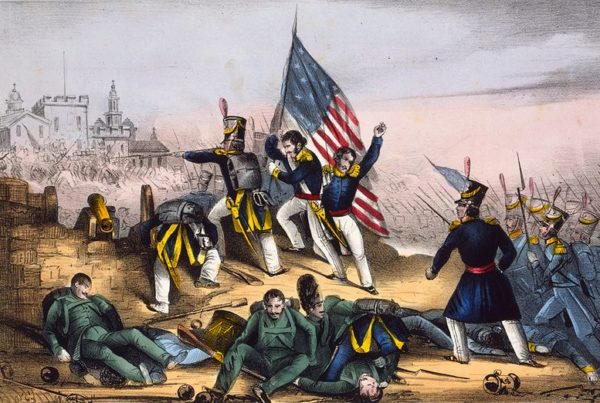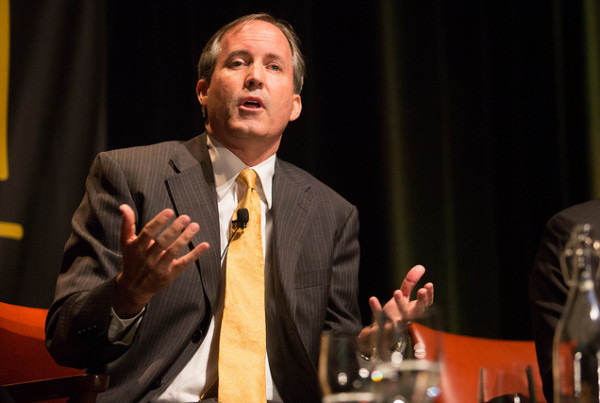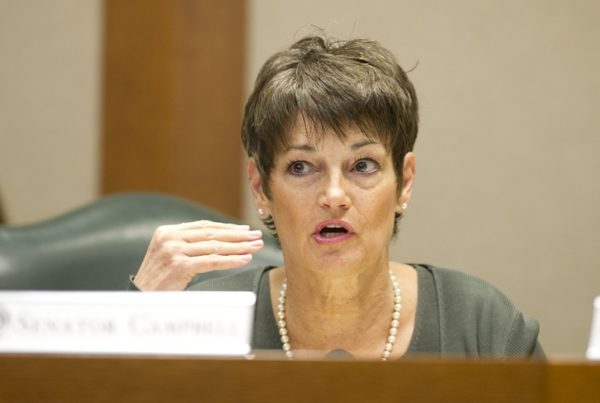A bill pending in the Texas Senate would strengthen penalties for cyberbullying, and put preventive measures in place in an attempt to stop it before it starts in schools. The bill, known as ‘David’s Law’ was introduced by Sen. Jose Menendez (D-San Antonio). Menendez wrote the bill after a child from the San Antonio area, 16-year-old David Molak, killed himself after being cyberbullied by classmates.
Russia’s legislative assembly is considering a bill related to kids and social media. It would ban children under the age of 14 from social media altogether. The aim is to stop cyberbullying and protect kids online.
Dr. Victor Strasburger, distinguished professor of pediatrics at the University of New Mexico says fighting cyberbullying is important, but it’s impossible to keep kids away from social media using laws of regulation.
“Good luck with that,” Strasburger says. “The cat’s out of the bag. The horse has left the barn. It can’t be done.”
Strasburger says that social media sites have imposed restrictions on the way children use their services, but that keeping kids away from the Internet altogether isn’t practical.
“There are already regulations in place with age restrictions on Facebook, for example,” he says. “But there’s no way to regulate your child’s ability to access social media sites. They will find a way around it.”
Despite his pessimism about controlling kids’ use of the Internet, Strasburger acknowledges the need to prevent children from interacting with bad actors.
“The answer, besides parents who get the burden for everything that their children do…is that schools need to change the way they teach kids,” Strasburger says. “It’s no longer necessary to memorize a thousand different facts these days. We need to teach critical thinking.”
Specifically, Strasburger says schools should educate children about how the Internet and media work, and how to use the effectively.
“We need to teach how to decipher this incredible tsunami of information that’s coming to them via the Internet,” he says. “We’re not teaching kids media literacy. We’re not teaching them media education. We’re not teaching them how to understand the Internet, how to understand their responsibilities when they use social media.”
Regulating the kinds of content kids can see is more effective than keeping kids offline, Strasburger says.
“There is a place for regulation in terms of what you can show to children on your social networking sites or what age you can let kids sign up,” he says. “But regulation is thwartable…The burden is going to be on parents and schools. Cyberbullying is a huge issue, and it’s one that we’re not addressing properly. But if you think that regulating companies is going to solve the problem, that’s ten percent. Ninety percent is parents and schools. “
Written by Shelly Brisbin,















